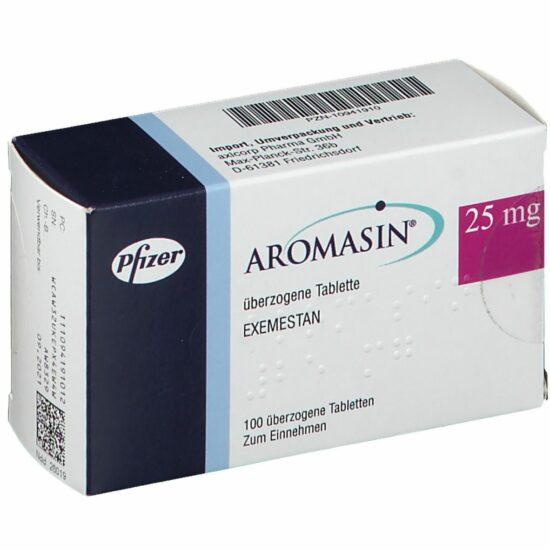Pregabalin is a medication used to treat several neurological conditions, including seizures, anxiety disorders, and neuropathic pain. It belongs to the class of drugs known as anticonvulsants, which work by decreasing the abnormal activity in the brain.
Pregabalin is available in capsule form and is taken orally. It is absorbed quickly into the bloodstream and has a bioavailability of approximately 90%. The medication reaches peak plasma concentrations within 1 to 2 hours after administration.
The recommended dose of pregabalin varies depending on the condition being treated. For seizures, the starting dose is typically 75mg twice daily, which can be increased up to 600mg per day as needed. For anxiety disorders, the starting dose is usually 150mg per day, which can be increased to 600mg per day as needed. For neuropathic pain, the starting dose is usually 150mg per day, which can be increased up to 600mg per day as needed.
Pregabalin works by binding to a specific type of calcium channel in the central nervous system. This binding reduces the release of certain neurotransmitters, including glutamate and substance P, which are involved in pain and anxiety. By reducing the release of these neurotransmitters, pregabalin can help to reduce the symptoms of seizures, anxiety, and neuropathic pain.
The use of pregabalin is associated with several potential side effects, including dizziness, somnolence, peripheral edema, and dry mouth. More serious side effects, such as suicidal thoughts, allergic reactions, and angioedema, have also been reported. Pregabalin should not be used in patients with a history of hypersensitivity to the medication or any of its components.
Pregabalin has a relatively low potential for abuse and dependence compared to other medications used to treat anxiety and pain. However, it should still be used with caution in patients with a history of substance abuse or dependence.
In conclusion, pregabalin is a medication with a proven track record in the treatment of seizures, anxiety disorders, and neuropathic pain. Its mechanism of action, which involves reducing the release of certain neurotransmitters, has been well-studied and understood. While it has the potential for side effects, it is generally well-tolerated and has a low potential for abuse and dependence. As with any medication, pregabalin should be used under the guidance of a healthcare professional.






Reviews
There are no reviews yet.